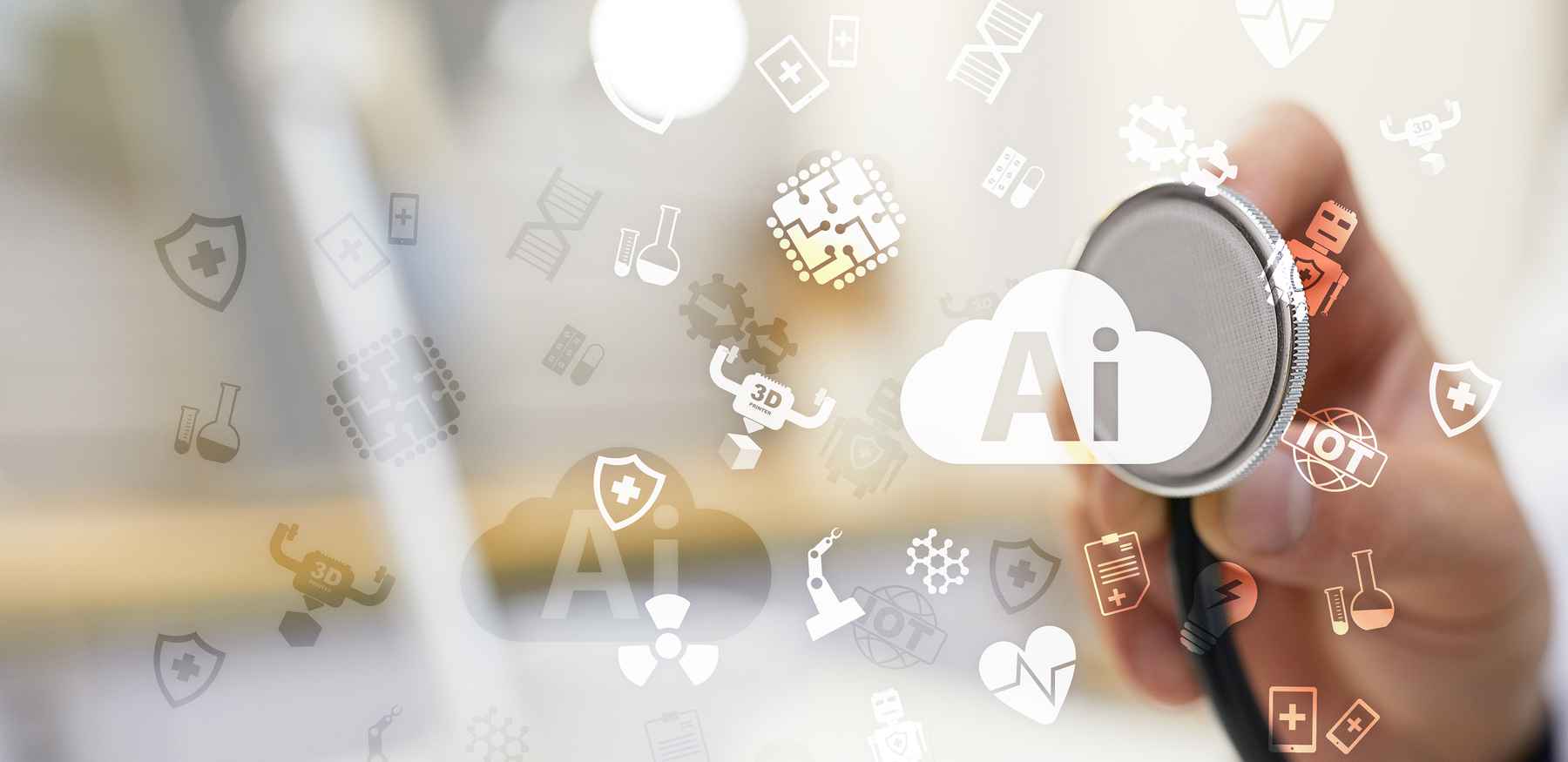Artificial intelligence is increasingly becoming prevalent in various industries, business societies, and currently making its way to healthcare. If applied well, these technologies have the potential to transform multiple aspects of patient care and overall health administrative processes.
From cancer to chronic diseases and radiology, there are limitless opportunities that healthcare can leverage artificial intelligence. This assures precise, efficient, and impactful healthcare interventions at the right time of a patient’s care. Below are some ways in which healthcare IT can benefit from AI.
#1. Radiology
AI helps in developing next-generation radiology tools. Images obtained by current radiological tools such as MRI, X-rays, and CT scanners offer non-invasive access to the human body. However, diagnostic procedures still rely on physical tissue samples and biopsies, which carry risks for infection. AI solutions can automate image analysis and diagnosis.
This helps highlight specific areas of interest on the scanned images for better efficiency and eliminates possible human error. Fully automated radiological solutions also automatically read and interpret images, increasing the accuracy of diagnosis.
#2. Drug Discovery
Modern technology can help identify emerging therapies from a wide database of existing information about various medicines with ease. This can help in targeting critical threats, including Ebola and coronaviruses. Such solutions help shorten the duration of drug research and improve the success rates of drug developments.
#3. Expanding Access to Care
There is an unending shortage of trained healthcare service providers, such as radiologists and ultrasound technicians. This significantly limits the patient’s access to effective care, especially in developing nations. Fortunately, artificial intelligence can help reduce the impacts of this deficit by taking over crucial diagnostic duties that require specialized training.
AI imaging tools, for instance, can analyze chest X-rays for signs of tuberculosis with better accuracies. This eliminates the need to have a trained radiologist on site.
#4. Reducing the Burden of Electronic Health Records
Since its inception, electronic health records systems have made significant steps in ensuring that the healthcare sector achieves digitalization. However, this switch brought along various problems, including endless documentation, cognitive overload, and employee burnout. Incorporating artificial intelligence in EHR systems helps to create intuitive interfaces that automate routine documentation processes. AI also makes it easy to process routine patient requests, such as drug refills and investigation results.
Bottom Line
Despite the endless benefits of these technologies, AI has made small steps towards addressing key healthcare issues. This is because of various challenges, including patient privacy and the ethics of patient’s data ownership, which limits its use. However, if these challenges are addressed, AI could take a leading role in revolutionizing healthcare systems.





